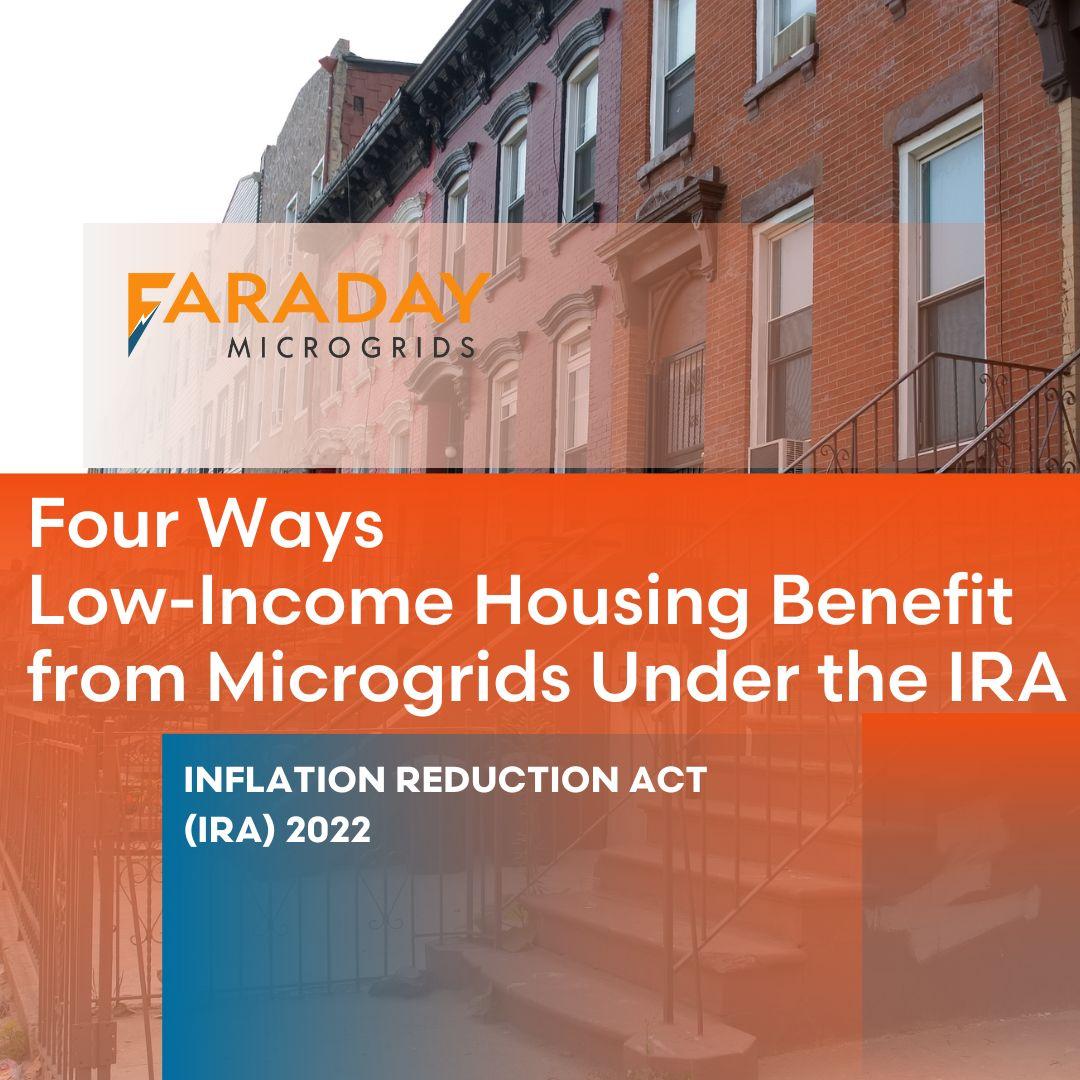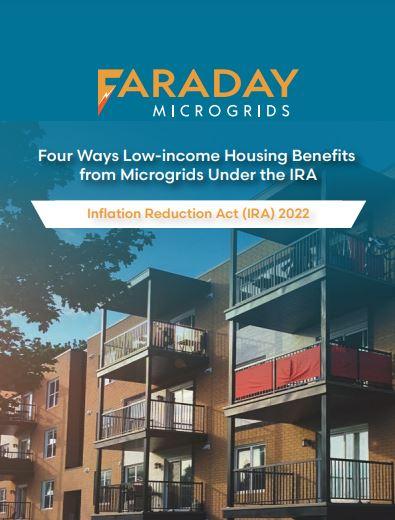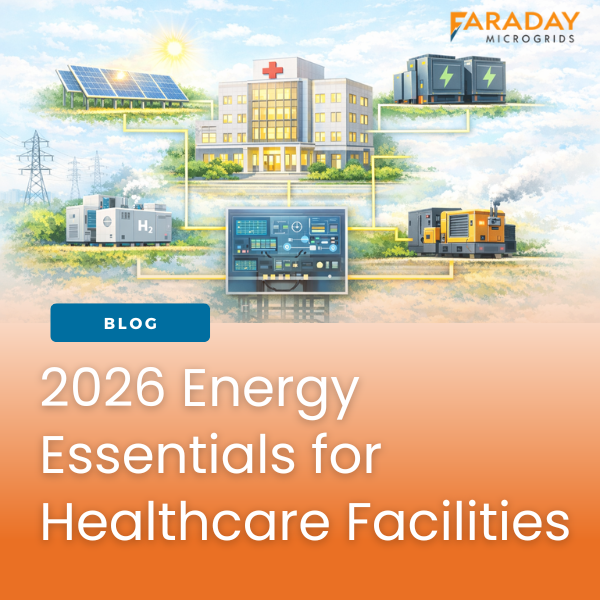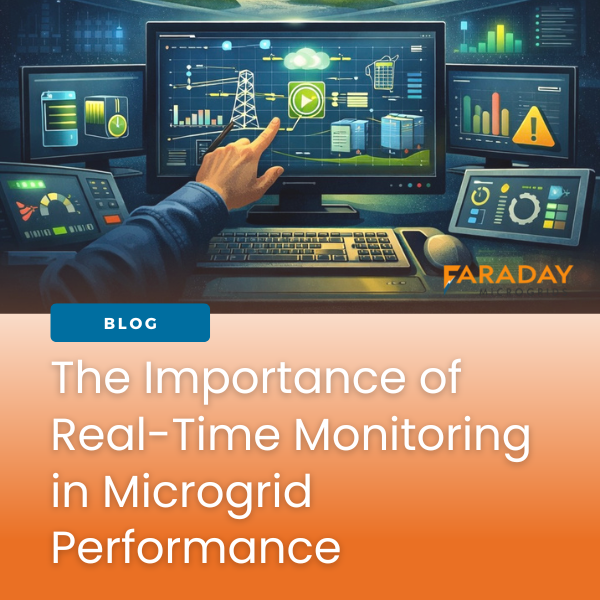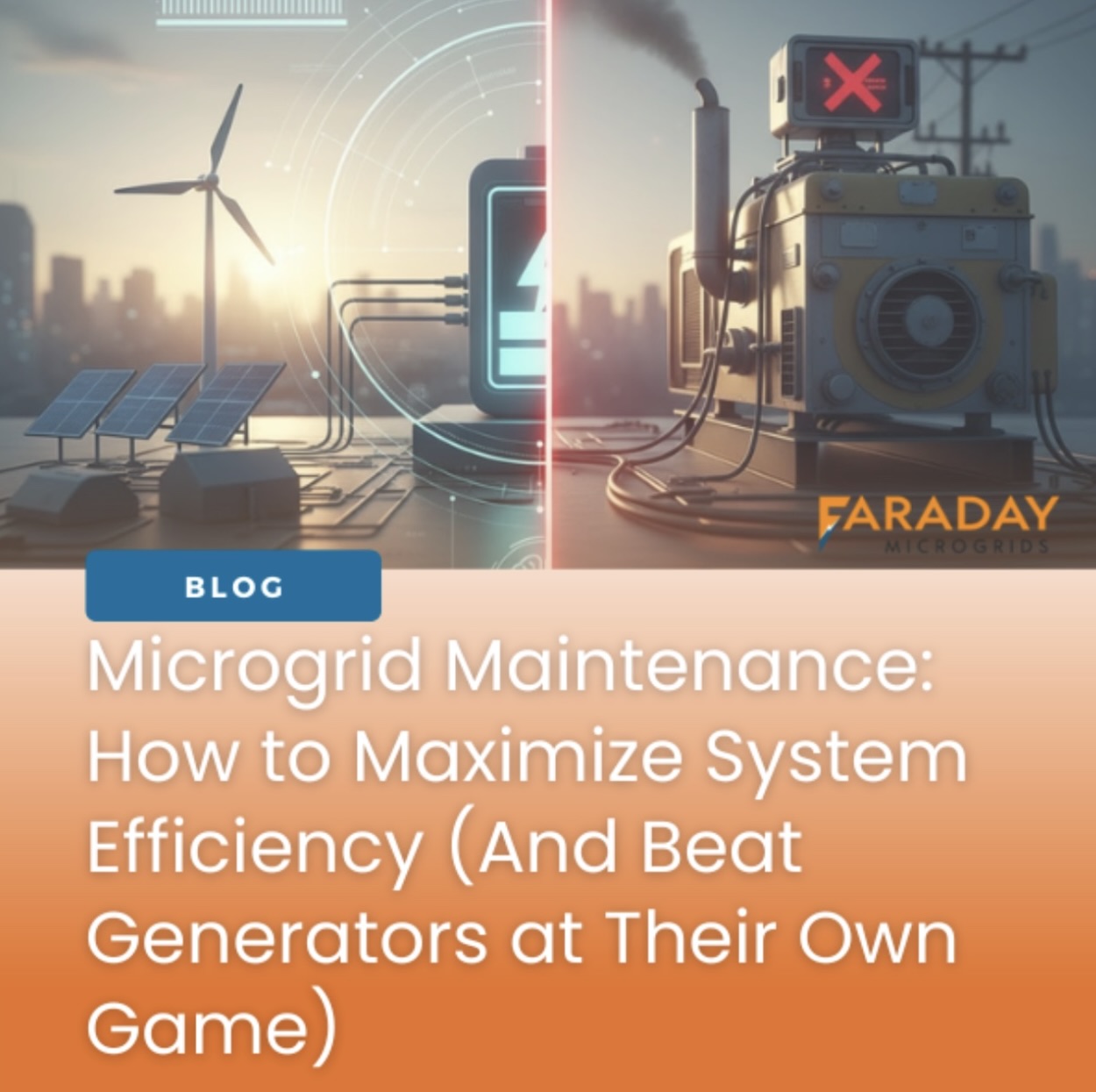The passage of the Inflation Reduction Act (IRA) provides generous incentives for low-income housing projects who install solar panels and other forms of environmentally-friendly technologies.
Solar energy panels offer facilities a way to operate independently of a major power grid, giving them autonomy and stability that lowers recurring bills while requiring little capital spend.
From providing a reliable power source to dramatically conserving your annual energy bill, renewable solar energy offers an efficient, reliable way to slash your operating costs, appease investors, and avoid costly downtime due to outages and fuel shut-offs.
Learn more on Four Ways Low-Income Housing Benefit from Microgrids Under the IRA.

